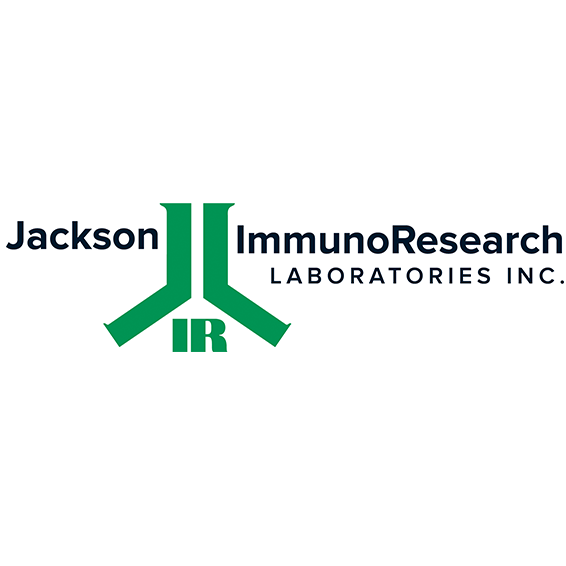Ziege IgG anti-Ratte IgG (H+L)-Alexa Fluor 594, MinX Hu,Bo,Ho,Rb

-
Übersicht
Artikelnummer 112-585-143 Wirtsspezies IgG-Form Spezies-Reaktivität Spezifität Isotyp Klonalität (Mono-/Polyklonal) Anwendung Durchflusszytometrie (Flow Cytometry), ELISA (Enzyme Linked Immunosorbent Assay), Immuncytochemie, Immunfluoreszenz, Immunhistochemie (Gefrierschnitte), Immunhistochemie (IHC), Immunhistochemie (Paraffingewebe)
Konjugation Maximale Anregung Maximale Emission Keine Kreuzreaktivität (MinX) mit Verdünnung Durchflusszytometrie 1:100 – 1:800, Histo-/Zytochemie 1:100 – 1:800
Format 0,05% NaN3, 15 mg/ml BSA (IgG- und Protease-frei), 250 mM NaCl, affinitätsgereinigt durch antigenspezifische Affinitätschromatographie, in 10 mM PBS (pH 7,6), Lyophilisat
Zweckbestimmung Produktlinie / Thema alte Katalognummer Hersteller / Marke - Datenblätter und Downloads
-
Weitere Produktinformationen
Based on immunoelectrophoresis and/or ELISA, the antibody reacts with whole molecule rat IgG. It also reacts with the light chains of other rat immunoglobulins. No antibody was detected against non-immunoglobulin serum proteins. The antibody has been tested by ELISA and/or solid-phase adsorbed to ensure minimal cross-reaction with human, bovine, horse, and rabbit serum proteins, but it may cross-react with immunoglobulins from other species.
Conjugate
Alexa Fluor 594-conjugated antibodies absorb light maximally around 591 nm and fluoresce with a peak around 614 nm. They are brighter, more photostable, and more hydrophilic than Texas Red conjugates. Alexa Fluor 594 conjugates are brighter than red-fluorescing conjugates, and they provide more color separation from green-fluorescing dyes than DyLight 549, Cy3, and TRITC conjugates. They are the best choice for immunofluorescence detection in the deep-red region of the visible spectrum.
